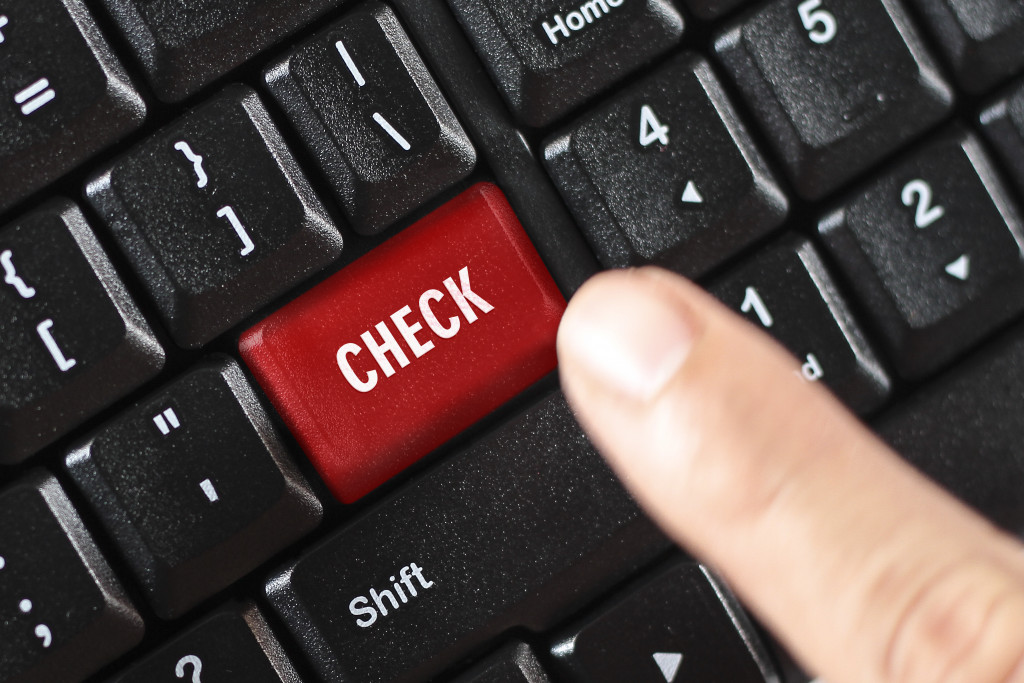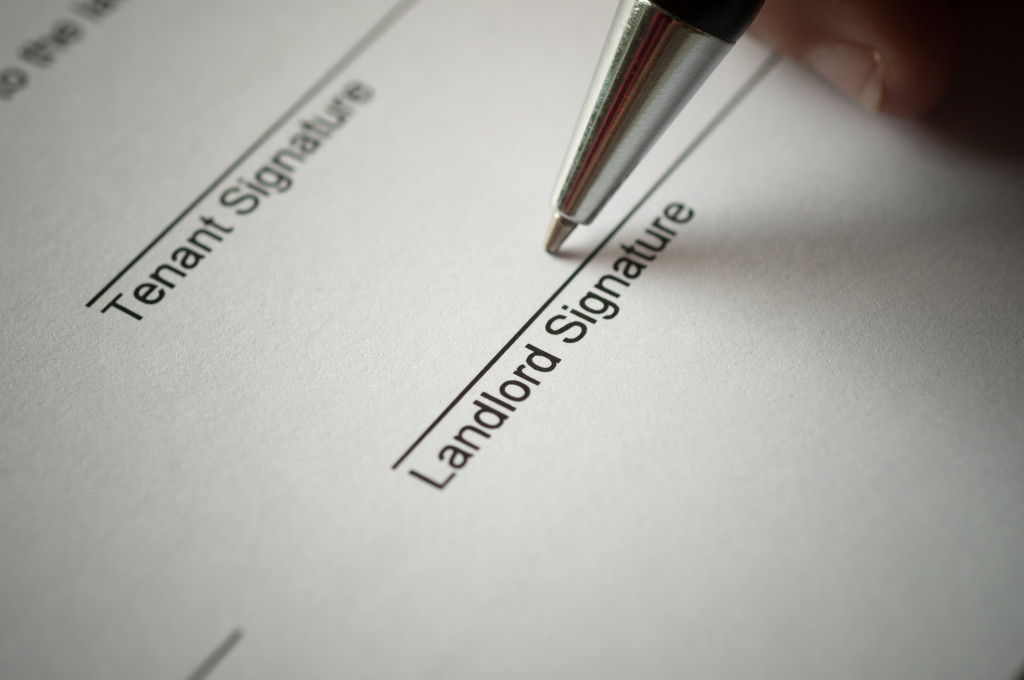As a rental property owner, it’s essential to keep your units occupied. Not only does this ensure a consistent income stream, but it also helps protect your investment. After all, vacant properties are more susceptible to crime and vandalism. According to the National Crime Prevention Council, a vacant home is burglarized every minute in the United States.
So, how do you attract and retain tenants? Here are a few best practices to keep in mind.
1. Offer Competitive Rates
To attract tenants, you need to offer rates that align with what other landlords in your area are charging. Take some time to research the going rates for similar properties and ensure your rates are in the same ballpark. If you’re too high, potential tenants will simply go elsewhere; if you are too low, you’ll be leaving money on the table. A good rule of thumb is to price your rentals 10-15% below market value. This will help ensure you attract a steady stream of tenants while still earning a healthy return on your investment.
Some landlords also offer discounts for tenants who sign a longer lease agreement. For example, you might offer a 5% discount for 18 months or longer leases. This is a great way to incentivize tenants to commit to your property for the long haul. Many renters are hesitant to sign a long lease because they’re afraid it’ll stick them in one place if their circumstances change, but by offering a discount, you can help ease their concerns.
2. Keep Your Property Well-Maintained
Once you have tenants in place, keeping your property well-maintained is essential. This means addressing repair requests promptly and keeping common areas clean and inviting. If your tenants feel like you’re taking good care of the property, they’re more likely to want to stay put long-term. They’ll also be more likely to recommend your rental to friends and family members looking for a new place to live.
Part of keeping your property in good repair is getting it inspected regularly. For instance, you should get a commercial EPC (Energy Performance Certificate) every ten years. An EPC is a document that gives your property a score based on its energy efficiency. The higher the score, the more energy-efficient your property is. Not only is this good for the environment, but it can also help you and your renters save money on energy bills. It’s a win-win!

3. Screen Potential Tenants Thoroughly
It’s important to screen potential tenants thoroughly before signing a lease agreement. This means running a credit check, verifying employment history, and checking references. By doing this task up front, you ensure that only a responsible individual who is likely to take good care of your property rents your space.
Some landlords also require potential tenants to have renter’s insurance. This insurance protects the tenant’s belongings in case of theft, damage, or other mishaps. It also provides liability coverage if someone is injured on the property. As a landlord, you should clarify to potential tenants that they’re responsible for obtaining their own insurance.
4. Have a Solid Lease Agreement
Once you’ve found the perfect tenant, it’s time to draw up a lease agreement. This document should spell out all of the rules and regulations the tenant must follow during their tenancy. It should also include information on the rent amount, due date, and late fees. Renters tend to be more responsible when they know there are specific consequences for not paying rent on time or violating other lease agreement aspects.
You can find lease agreement templates online or work with an attorney to create a custom agreement. Just be sure to include all the necessary information and have both parties sign the document before the tenant moves in. If you change any terms of the agreement later on, be sure to get the tenant’s written consent.
5. Be responsive to tenants’ needs
No one likes to feel like they’re being ignored, which is especially true of tenants. If your tenants have a maintenance request or other issue, respond promptly. The sooner you address their concerns, the more likely they are to be happy with their living situation.
You should also consider tenants’ feedback when making decisions about the property. For instance, if several tenants tell you that they’d like to see a new washing machine installed in the laundry room, it’s probably a good idea to make that investment. Not only will your tenants be happy, but you’ll also be more likely to attract new tenants in the future.
Attracting and retaining tenants is essential for any rental property owner who wants to run a successful business. By following the tips above, you can help ensure that your property is always rented to responsible tenants who take good care of the property. With a little effort, you can create a rental business that runs like a well-oiled machine!
